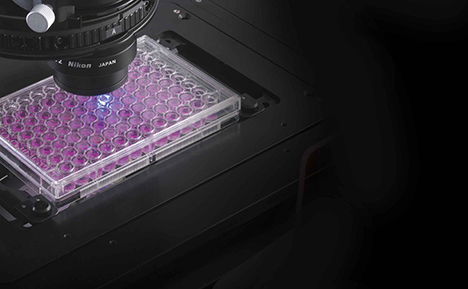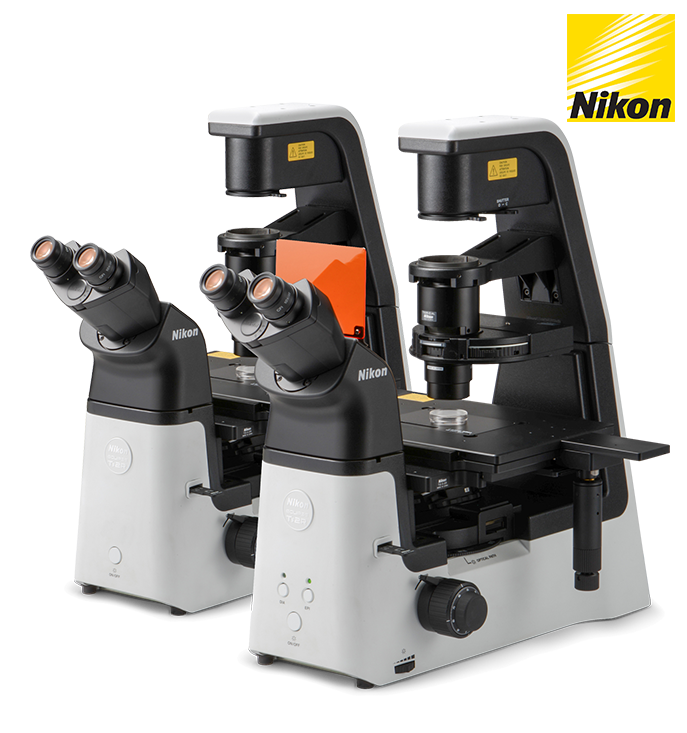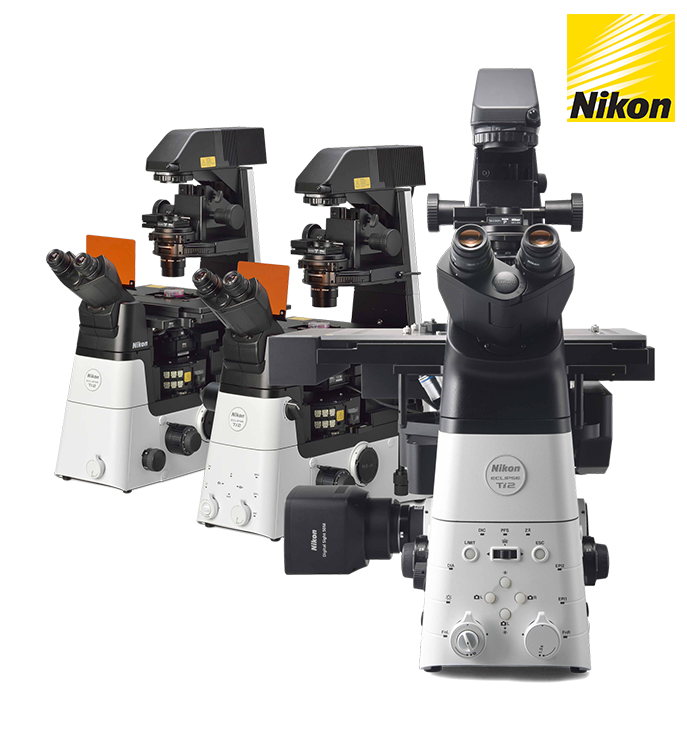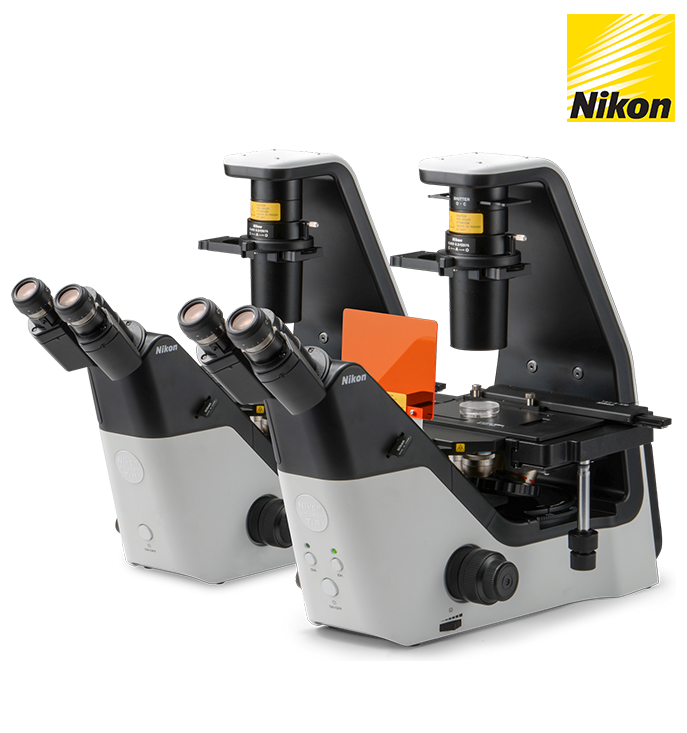Cell Culture
With increasing emphasis on live-cell-based assays in the drug discovery environment, there is a growing need for reliable cell culture able to deliver the desired quantities of healthy cells for research and screening. Key requirements are that cells are healthy, free of contaminants and consistent (in terms of stage of development, growth conditions). Regular inspection of growing cells using light microscopy is important in ensuring quality cultures.
Traditionally, cell inspection has been carried out manually with laboratory staff taking sample culture vessels to the microscope at regular intervals for observations. This inevitably incurs changes in temperature, risk of contamination and mechanical stress due to vibration of the culture vessel. Even minor changes in growth conditions may have an impact on the development of some cell types, for example, mammalian cells and stem cells.
Automation is becoming increasingly important in ensuring aseptic handling and quality control in cell culture. Microscope inspection can now be carried out within the cell incubator using precision vibration-controlled robotic technologies. Disturbance to cells is minimized, environmental conditions are maintained and recorded (creating an audit trail) and there is no risk of contamination. Images can be viewed via an integrated digital camera and local area network.
Key microscopy techniques for the observation of cell cultures include brightfield microscopy, darkfield, digital imaging and telepathology.

스펙



